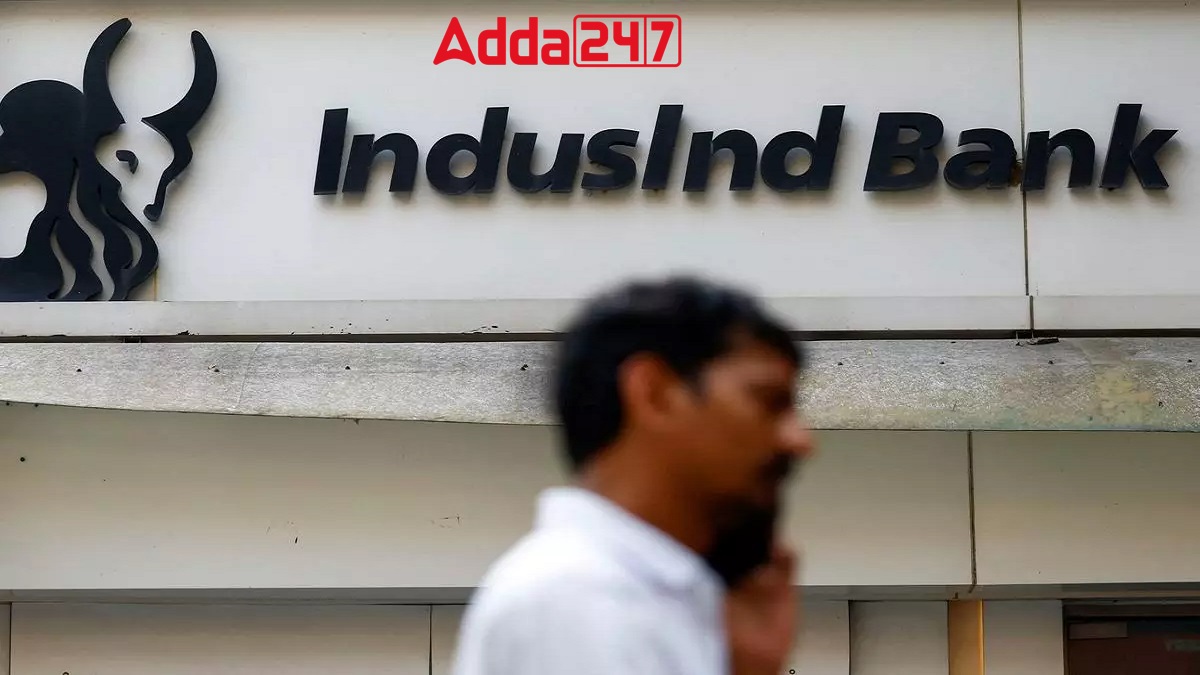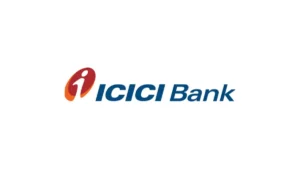IndusInd Bank and UNICEF have launched a strategic initiative under the bank’s flagship CSR program, focusing on Disaster Resilient Communities and Climate Risk-Informed Efficient Administrative Systems. The collaboration aims to enhance climate-informed administrative frameworks and strengthen resilience against climate-induced disasters across five aspirational districts in India—Dharashiv (Maharashtra), Begusarai (Bihar), Virudhunagar (Tamil Nadu), Baran (Rajasthan), and Bahraich (Uttar Pradesh). This program, part of IndusInd Bank’s Holistic Rural Development initiative, aligns with its commitment to uplifting communities and fostering environmental sustainability.
Key Objectives of the Initiative
Building Disaster-Resilient Communities
The partnership emphasizes creating disaster-resilient frameworks by developing real-time monitoring systems, early warning mechanisms, and climate risk advisory services targeting droughts, floods, and heatwaves.
Empowering Local Governance
It aims to integrate climate solutions into local government policies, collaborating with panchayats and regional stakeholders to ensure sustainable practices.
Multi-Stakeholder Collaboration
- CSR Trust for SDGs in India (CTSI): Oversees the program’s implementation.
- IIT Gandhinagar: Develops monitoring and early warning systems.
- Gorakhpur Environment Action Group: Conducts capacity-building sessions for local officials.
- Mission Samriddhi: Facilitates stakeholder engagement and promotes knowledge sharing.
Statements from Leaders
Srinivas Bonam, Head of CSR & Sustainability, IndusInd Bank, emphasized the bank’s responsibility beyond traditional banking, stating the partnership aims to create sustainable solutions for vulnerable communities.
Arjan de Wagt, Deputy Representative, UNICEF India, highlighted the focus on children and communities, stressing the importance of panchayat-level collaborations for long-term resilience.
About IndusInd Bank
With over 30 years of innovation, IndusInd Bank serves 41 million customers across 3,040 branches and 3,011 ATMs. Known for its Digital 2.0 strategy and customer-centric products like INDIE and Indus PayWear, the bank has also been a pioneer in ESG-linked financial solutions. Its initiatives extend across rural microfinance, digital banking, and global operations in London, Dubai, and Abu Dhabi.



 SEBI Revamps New Mutual Fund Rules 2026 ...
SEBI Revamps New Mutual Fund Rules 2026 ...
 PhonePe Launches AI-Powered Natural Lang...
PhonePe Launches AI-Powered Natural Lang...
 ICICI’s New Swasthya Pension Scheme: A S...
ICICI’s New Swasthya Pension Scheme: A S...








